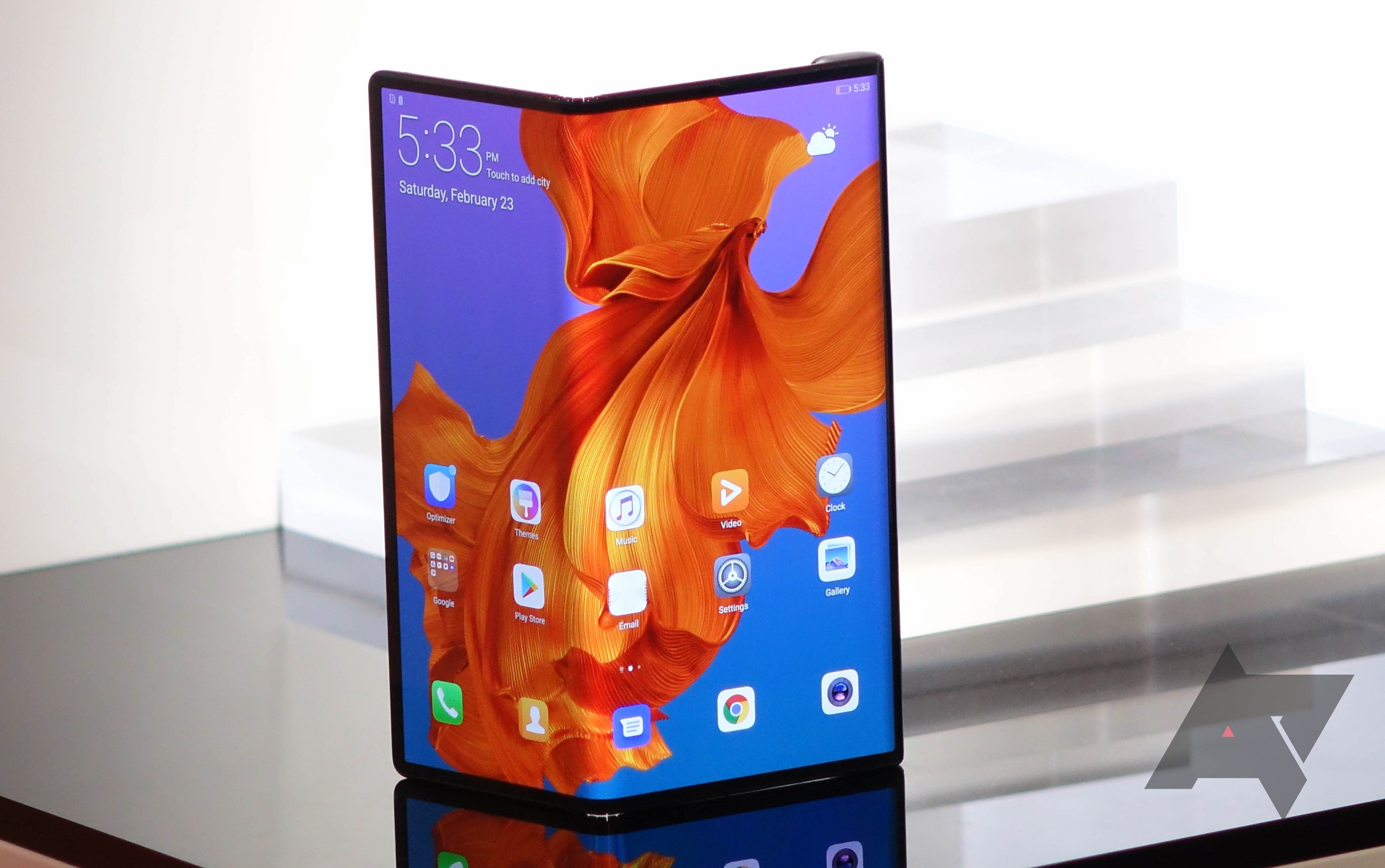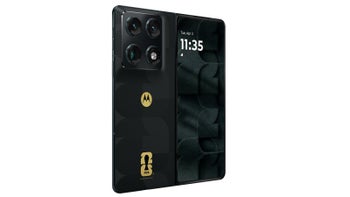Bipartisan lawmakers warn Trump officials about shipping to Huawei

Reuters reports today that 15 U.S. lawmakers from both sides of the aisle are asking the Commerce Department not to grant 90-day temporary licenses allowing American firms to ship supplies to Huawei. The latter was placed on the department's Entity List for security reasons, blocking it from purchasing components and software from the states. Approximately 300 requests for temporary licenses were received by the Commerce Department and one U.S. official says that 150 of them have been processed. In that group of 150 requests, the anonymous official says that 75 have been approved and 75 have been denied.
Last week Commerce Secretary Wilbur Ross announced that the U.S. issued a third 90-day temporary general license allowing Huawei to conduct limited transactions with rural U.S. wireless operators. Ross said that the license was renewed so that rural operators, many of whom use Huawei networking equipment for their 3G and 4G networks, are able "to continue to service customers in some of the most remote areas of the United States who would otherwise be left in the dark. There are enough problems with telephone service in the rural communities - we don’t want to knock them out. So, one of the main purposes of the temporary general licenses is to let those rural guys continue to operate." The government, in announcing the first 90-day reprieve back in May, said that it was issuing the temporary licenses so that Huawei could obtain the supplies "necessary to maintain and support existing and currently fully operational networks and equipment, including software updates and patches." The previous 90-day temporary general license expired last Monday.
A bipartisan group of 15 lawmakers wants the Commerce Department to stop issuing temporary licenses to Huawei's suppliers in the states
The letter written by the bipartisan group of lawmakers said that the Trump administration should stop issuing temporary licenses to individual U.S. companies until the White House provides Congress with "a report outlining specific criteria for determining whether or not the approval of any license poses a national security threat." The letter requested that congressional leaders "be notified prior to the issuance of any licenses to U.S. firms to sell components to Huawei and its affiliates." The company is considered a national security threat because of fears that the company spies, or will spy using backdoors placed inside its phones and networking equipment. While the Chinese government can, by law, compel Huawei to collect intelligence from American corporations and consumers on its behalf, the manufacturer has denied repeatedly that its products are used to send information to Beijing.
The lawmakers wrote that if the temporary licenses continue to be awarded they will allow "Huawei to continue to pose a serious threat to U.S. telecommunications infrastructure and national security more broadly. The Commerce Department responded by saying that it is "issuing these narrow licenses to authorize limited and specific activities which do not pose a significant risk to the national security or foreign policy interests of the United States." The Commerce Department also defended issuing the temporary licenses by noting that the requests were vetted by Commerce, Defense, State, and Energy department officials.

The recently launched foldable Mate X has an open source version of Android installed
The letter was signed by Senate Democratic Leader Chuck Schumer and Republican Senator Tom Cotton. It also included the signatures of Democrats Elizabeth Warren, Richard Blumenthal, Ron Wyden and Cory Booker, and Republicans Ben Sasse, John Cornyn, Josh Hawley, and Rick Scott.
Huawei has been able to work around the ban and is on track to ship as many as 270 million handsets this year. That is a 10% shortfall from Huawei's initial forecast, made before the ban, calling for 300 million units to be shipped in 2019. The main reason for the shortfall is Huawei's inability to license the Google Play services version of Android because of its placement on the Entity List. As a result, the latest Huawei devices cannot use Google's core Android apps including the Play Store, Maps, Gmail, and Search. This isn't so much a hardship inside China where the manufacturer is riding an unprecedented wave of patriotism, but it has affected the company's international sales.
Follow us on Google News














Things that are NOT allowed:
To help keep our community safe and free from spam, we apply temporary limits to newly created accounts: